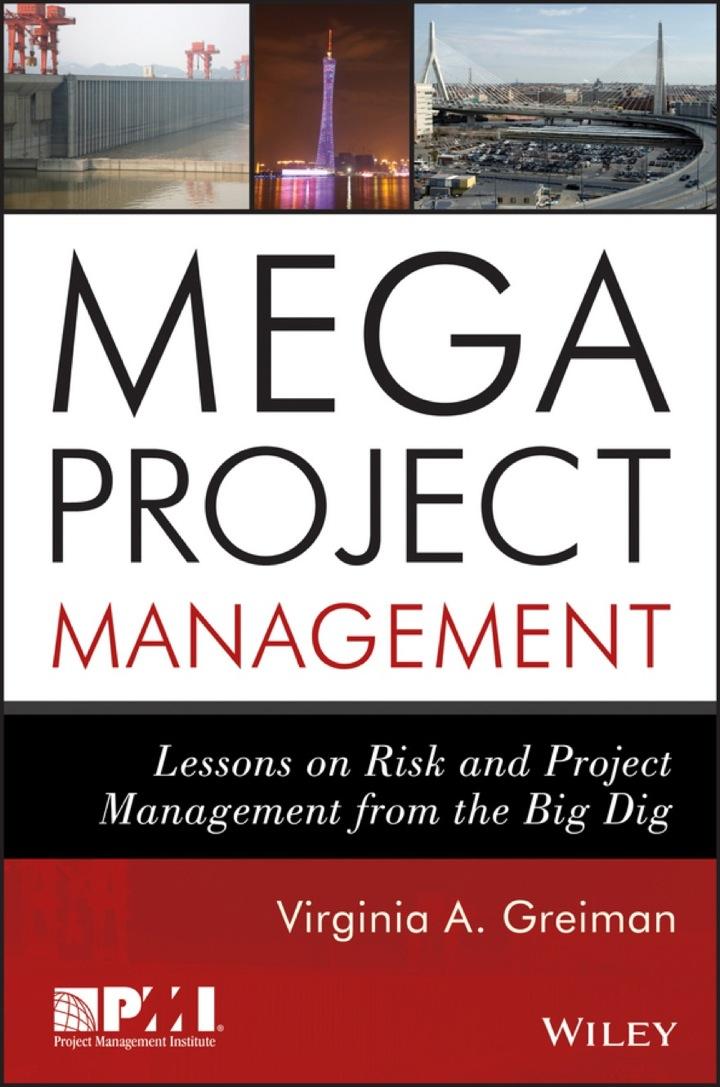Merriam-Websters Online Dictionary defines ethics as the discipline dealing with what is good and bad and with
Question:
Merriam-Webster’s Online Dictionary defines ethics as ‘‘the discipline dealing with what is good and bad and with moral duty and obligation’’ and ‘‘the principles of conduct governing an individual or a group.’’
In the federal government, employees swear an oath to the American people to conduct themselves in an ethical manner. The first sentence of Title 5 of the Code of Federal Regulations, Part 2635, reads, ‘‘Public service is a public trust. Each employee has a responsibility to the United States Government and its citizens to place loyalty to the Constitution, laws, and ethical principles above private gain.’’ State and local governments, and even private organizations, have similar requirements.
The Office of Inspector General (OIG) of the U.S. Department of Transportation (USDOT) views trust as the cornerstone of public service. From the perspective of the OIG, having a strong culture of ethics in the workplace is central to promoting program effectiveness and preventing or stopping fraud, waste, abuse, and other irregularities.
Applying the standards of ethics as defined by the federal government and the U.S. Department of Transportation, assume you are a federal employee assigned as project director to manage an existing $10 billion megaproject in a major U.S. city. Pursuant to your responsibilities you discover there has been a practice of approving cost overruns to keep the project on schedule, and financing the increased cost through issuance of general obligation bonds backed by the state’s assets. The value of the bonds has deteriorated based on the state’s credit rating and thus bondholders are impacted by a potential default on the bonds. Moreover, the project’s cost has increased dramatically to $16 billion due to the high interest payments that must be made on the bonds over a twenty year period. None of this has been disclosed to the public or the project’s stakeholders in the project’s financial statements. The project director is responsible for delivering the defined scope of the project within time scale and budget, and ensuring that sufficient funding is available to pay all project costs.
Based on these facts, respond to the following questions:
1. As the new project director what ethical concerns would you have with the project’s cost escalation and borrowing practices?
2. Should project managers be responsible for disclosing cost overruns funded by the public through interest payments on public bonds? Does it matter if the project is $5 million over budget or $500 million over budget? Is failure to disclose this practice an ethical violation? Why or why not? If you consider the violation to be an ethical violation what should the penalty be?
3. Is the project director responsible for notifying the public of the real cost of the project including any interest or debt payments that arise from future borrowings due to cost escalation? Does it matter if it is a public or a privately funded project?
4. Describe the policies, processes, and procedures you would implement to build more ethical awareness into the project culture relating to project practices and public disclosure.
Step by Step Answer:

Megaproject Management Lessons On Risk And Project Management From The Big Dig
ISBN: 9781118115473
1st Edition
Authors: Virginia A. Greiman





